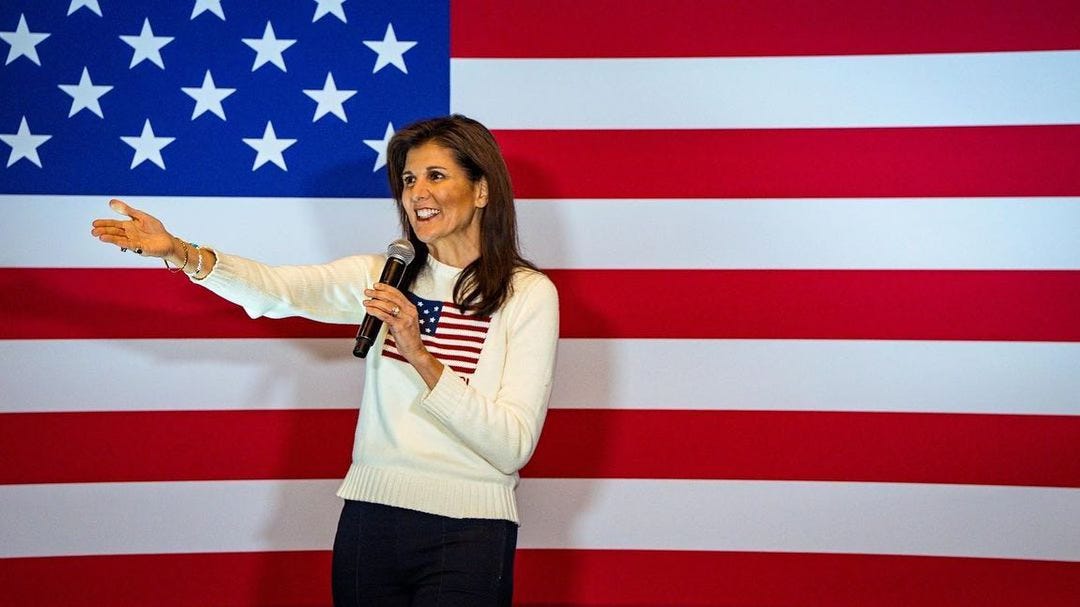Is Nikki Haley more Biden than Trump?
Nikki Haley' promises Trump's assertiveness without the chaos. But would her foreign policy differ from Biden's?
As New Hampshire's votes trickle in, the world is not just watching a political race; it's witnessing a pivotal moment that could redefine America's global image, already under scrutiny post-Trump.
Last week at the World Economic Forum, the collective gulp at the very mention of Trump's potential re-election was lo…
Keep reading with a 7-day free trial
Subscribe to Cosmopolitics by Elise Labott to keep reading this post and get 7 days of free access to the full post archives.





